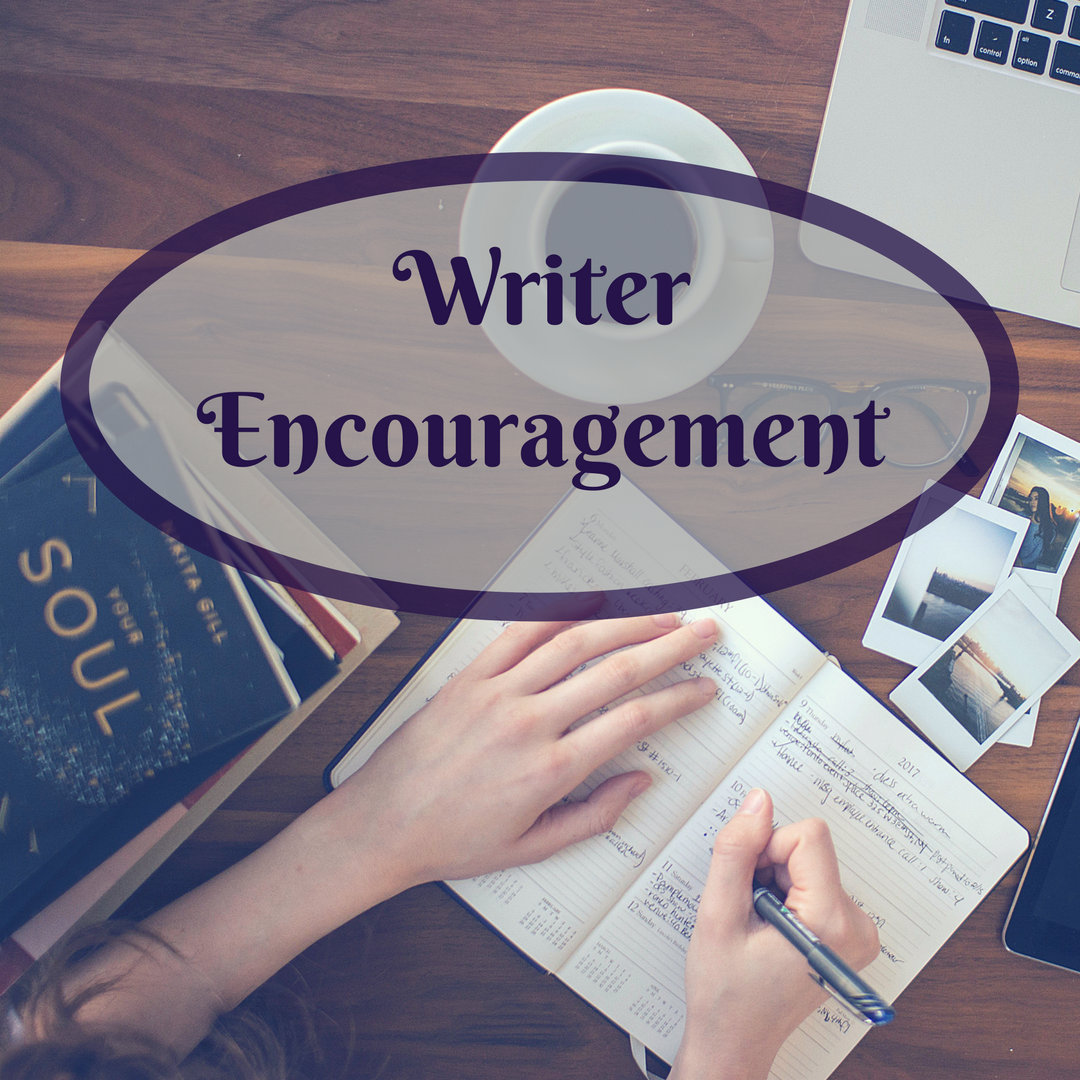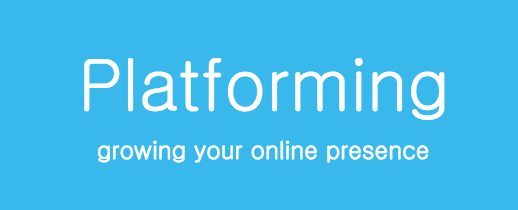
Writing with a Disability (Different Ability)
Know Your Strengths
Because of my brain injury, I’m a big fan of making progress. I learned after my accident progress is…
January 29, 2020
Because of my brain injury, I’m a big fan of making progress. I learned after my accident progress is…
January 29, 2020
I recently watched an interview with best-selling author John Grisham and was delighted to hear him talk about his…
November 11, 2018
Occasionally a business development tool comes along that works well for writers. SWOT Analysis SWOT—Strengths, Weaknesses, Opportunities and Threats—was popularized…
January 29, 2016